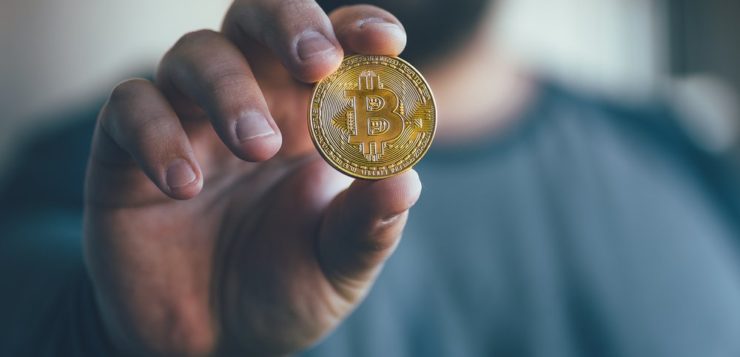In Bitcoin’s cryptographic design, the holder of the key (or keys in the case of multi-signature transactions), whoever holds the key to coins is the decision-maker when it comes to spending them. The fraudulent actions at Mt. Gox and other exchanges were ultimately due to this fact. People made deposits, essentially giving control of their funds to the exchanges. This is no different, of course, than putting one’s money into a bank. In the case of Mt. Gox, the government got involved and saw that fraud had obviously occurred.
Despite assertions by some legal scholars, we know that Bitcoin is recognized as legal property in the United States and China, at least. In fact, a Chinese case recently brought fleshed out in court deemed them legal property – as in, not only are they personal property, but they are property that Chinese are allowed to possess rather than contraband, while some things surrounding Bitcoin remain illegal and/or banned.
The assertions we speak of come in the form of a research paper published in the Journal of Law and Technology (JOLT) at the University of Richmond (USA). In the paper Johan David Michels and three other legal scholars examine the possibility that cryptographic tokens may not be legally enforceable property in some jurisdictions, with a focus on courts in England and Wales.
According to an article Michels wrote in reference to the paper:
So what about digital tokens such as crypto-currencies? Tokens don’t physically exist. They are entries on a virtual ledger. And case law in England and Wales has established that a thing which exists only in electronic form cannot be the subject of possession. So digital tokens aren’t things in possession.
It bears noting that the case law Michels cites to make the assertion that England and Wales do not recognize digital property surrounded a very different animal from bitcoin or digital assets: carbon emission credits. As such, while they are tradable assets, they don’t have the same properties as cryptocurrencies – they cannot, for instance, be easily used for the purchase of goods and services.
It would seem that in cases where defendants tried to claim that they hadn’t stolen anything since the property wasn’t legally defined (or like the Chinese case, where the defendant said the property wasn’t legal to have and was proven wrong), laws applying to money, rather than legally intangible assets like carbon credits, would be brought to bear.
All the same, the researchers present interesting findings, and they do not roundly dismiss tokens or cryptos as property.
It seems likely that many tokens on blockchain-based applications will also satisfy this test.427 They can be defined as the right to control the token; are identifiable through entries on the blockchain; can be transferred by submitting transactions; and are registered with a high degree of permanence and stability.428 This suggests that holders of digital tokens could have a property interest under common law.
However, classifying that property interest is more difficult.429 Common law distinguishes between real property (land) and personal property (all other property).430 Personal property is traditionally further split into choses in possession and choses in action.431 Patents are granted a separate property status by law as a form of personal property without being a chose in action.
To date, most courts have recognized Bitcoin as a valuable asset of the parties involved. Wherever a theft occurs, a court is designed to seek justice on behalf of the people within its jurisdiction. The fact that there is a gray area surrounding digital ownership of assets should not come as a surprise: the whole industry is relatively new, especially in the ancient canons of law. All things being equal, there just haven’t been enough cases yet. At the same time, it would take a rare level of brashness for a defendant to say that he had not stolen coins simply because they were not legally property. It would seem a safer defense to deny ever possessing the coins at all, as Charlie Shrem recently did.
Featured image from Shutterstock.
Get Exclusive Crypto Analysis by Professional Traders and Investors on Hacked.com. Sign up now and get the first month for free. Click here.








